What has Liz Truss’ new cabinet said about LGBTQ+ rights?

Liz Truss is officially the UK’s new Prime Minister, and has already appointed a brand new cabinet. But who are the new ministers, and what have they said about LGBTQ+ issues?
There have been no openly LGBTQ+ Cabinet members since 2019. David Mundell was the last openly gay man in a senior government role, but was sacked by Boris Johnson in a reshuffle. Despite not currently having any openly queer Cabinet members, there are many who have vocalised their anti-LGBTQ+ stances. Each Secretary of State will have a range of responsibilities, some of which will impact the lives of queer people living in the UK. The cabinet has a mixed voting record when it comes to their stances on LGBTQ rights, but here is the new-look cabinet, and where they stand on LGBTQ issues.
Liz Truss

UK Government
Role: Prime Minister
Constituency: South West Norfolk
Truss was the Minister for Equalities since 2019, but nicknamed the ‘Minister of Inequalities’ following her lack of action and support of the LGBTQ+ community. Just days into her term as PM, whistleblowers revealed Truss wants to prevent the advancement of Scotland’s Gender Recognition Reform Bill. The law would drastically improve the ways trans people can legally identify, as the UK has some of the toughest gender recognition processes in Europe.
The MP for South West Norfolk said she would tackle banning so-called conversion therapy. Yet, the dangerous practice continues to be legal today. Despite stating that she is a supporter of trans rights, she also emphasised that trans women were not women and vowed to gate-keep single sex spaces during her leadership campaign. She also supported the founder of Mumsnet, who refused to ban anti-trans rhetoric on the site under the guise of free speech.
Contrastingly, Truss has voted in favour of same-sex marriage consistently throughout her time as an MP. This includes the 2013 vote which allowed the law to pass, as well as the 2019 vote which saw Northern Ireland legalise same-sex unions as well.
Nadhim Zahawi

UK Parliament
Role: Chancellor of the Duchy of Lancaster
Constituency: Stratford-on-Avon
Like a few of the other cabinet members, Zahawi put himself forward for leader of the Conservative Party and Prime Minister. However, he was knocked out after the first round along with Jeremy Hunt. Zahawi has voted in support of LGBTQ+ rights for the majority of his career. In 2013 and 2019, he voted to legalise same-sex marriage in the UK and Northern Ireland respectively. He also voted in favour of making same-sex marriage available to armed forces personnel outside of the UK.
During his time as Education Secretary, Zahawi faced scrutiny for speaking out in support of transphobe Kathleen Stock. He said it was “unacceptable that a scholar of her calibre should be hounded out of university”. LGBTQ+ rights activists protested outside a speaking event Zahawi participated in at Warwick University. Warwick Pride stated Zahawi “plays a significant role in institutional transphobia as Education Secretary for the UK.”
Kwasi Kwarteng
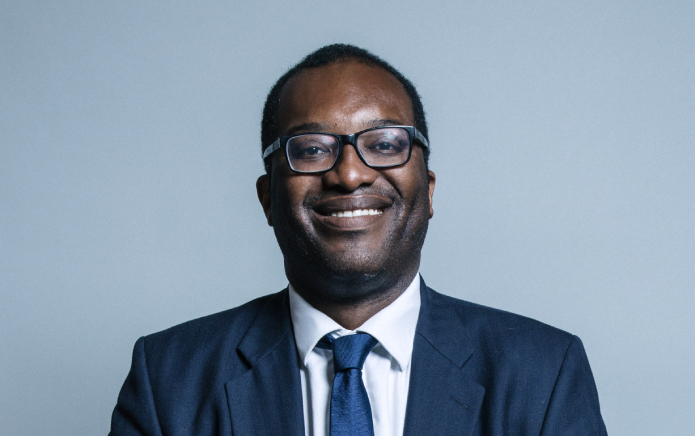
UK Parliament
Role: Chancellor of the Exchequer
Constituency: Spelthorne
The new chancellor has voted against same-sex marriage twice, both times in 2014. Since then, the former Business Secretary has been absent for all other votes on the matter. Kwarteng came under fire for stating that Westminster does not have a misogynistic culture, following the revelation that fellow Tory MP Neil Parish was watching porn in the House of Commons. Kwarteng is the first black chancellor in the nation’s history.
James Cleverly
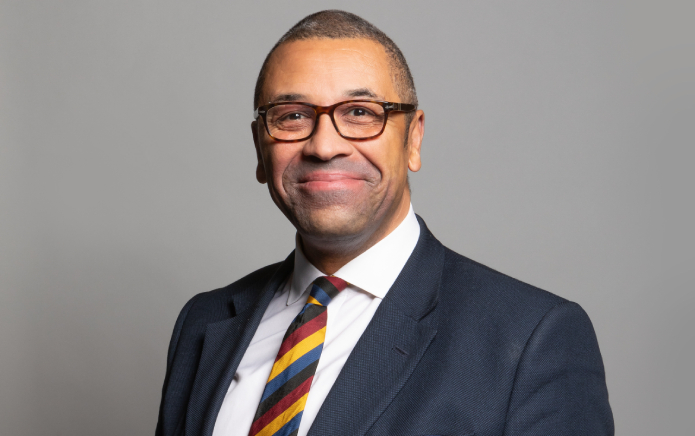
UK Parliament
Role: Foreign Secretary
Constituency: Braintree
As Foreign Secretary, Cleverly will be managing diplomatic relationships with other countries. He can also enforce policies across the Commonwealth. Cleverly backed Truss throughout her campaign, so it is unsurprising that he is in her cabinet.
Cleverly has been absent for all votes on LGBTQ+ issues. Some of his remarks suggest that he is in support of queer people. In 2019 he stated: “There were ‘no’ gay soldiers when I joined the army, yet some of my closest military friends were gay. Since homosexuality was legalised in the forces we discover that military discipline didn’t collapse and (surprise, surprise) we are still a world class fighting force.”
From a blog post that was published in 2005, he wrote: “Gay ‘marriage’ takes nothing away from heterosexual marriage and while there will be some civil partnerships which are done for the wrong reasons the same can be said of straight marriage. Best of luck I say.”
Suella Braverman
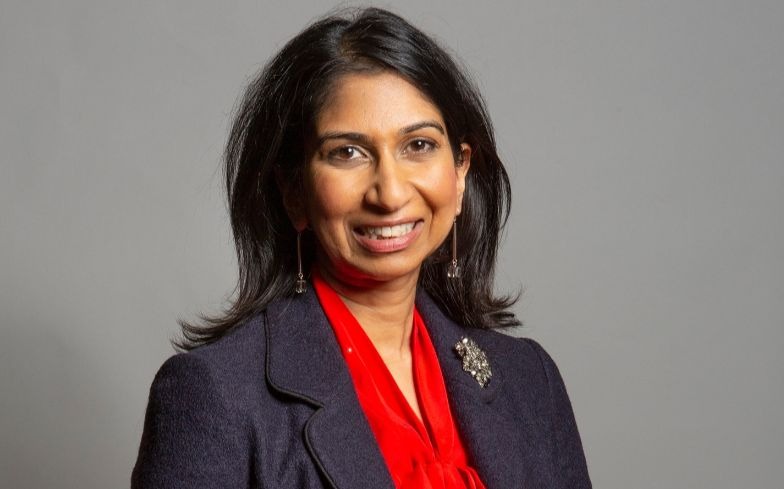
UK Parliament
Role: Home Secretary
Constituency: Fareham
Suella Braverman had a brief stint in the leadership race, but was the third candidate to not gather enough votes to stay in contention. She takes over from Priti Patel as Home Secretary.
Throughout her leadership campaign, the new Home Secretary made her views clear. She announced her bid by saying: “We need to get rid of all of this woke rubbish and get back to a country where describing a man and a woman in terms of biology does not mean that you’re going to lose your job.”
She also said that teachers are not required to support trans and non-binary students who wish you use toilets and wear school uniforms that align with their genders. In August, she made a speech attacking queer inclusive education, and stated schools should not be teaching children about LGBTQ+ identities. Braverman has a history of being anti-LGBTQ+. In 2019, she voted against expanding same-sex marriage to Northern Ireland. Earlier in the year, she suggested that Westminster block the upcoming Scottish bill, a move Truss has now put into action.
Brandon Lewis
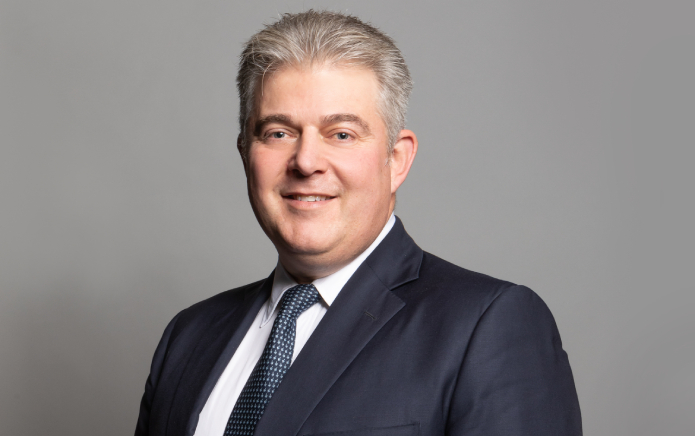
UK Parliament
Role: Justice Secretary
Constituency: Great Yarmouth
Brandon Lewis has taken on various cabinet roles, previously serving as the Chairman of the Conservatives from 2018-2019 and Northern Ireland Secretary from 2020-2022. He has now become the Secretary for Justice, where he will oversee prisons, probations and judiciaries. Although Lewis did vote in favour for LGBTQ+ marriages to be legalised, he has often abstained from voting on queer issues since then.
Last year, Lewis did an interview with the Sunday Times where he said: “The contact I’ve had with people over here – the citizens, not the politicians – is there is a big group of people who want to see a more modern, liberal, progressive unionist approach to things.” He added: That means moving forward in a positive way on women’s rights, abortion and LGBTQ rights. It is clear to me that some of the political parties haven’t had the connection with grassroots voters they have had in the past.” Despite his comments referring to Northern Ireland’s political parties, the majority of his own party voted against legalising same-sex marriage.
Ben Wallace

UK Parliament
Role: Defence Secretary
Constituency: Wyre and Preston North
Ben Wallace’s role as defence secretary is to oversee our armed forces and the country’s defence. The Army and Navy reportedly rank highly in regards to employing queer people. Despite this, Wallace is one of the most anti-LGBTQ+ politicians within the cabinet. He has consistently voted against every LGBTQ+ legislation he’s been eligible to vote for, including same-sex marriage and the Equality Act. He voted in favour of the Human Fertilisation and Embryology Bill. Had it passed, it would have made it harder for lesbian couples to conceive children through IVF.
Thérèse Coffey
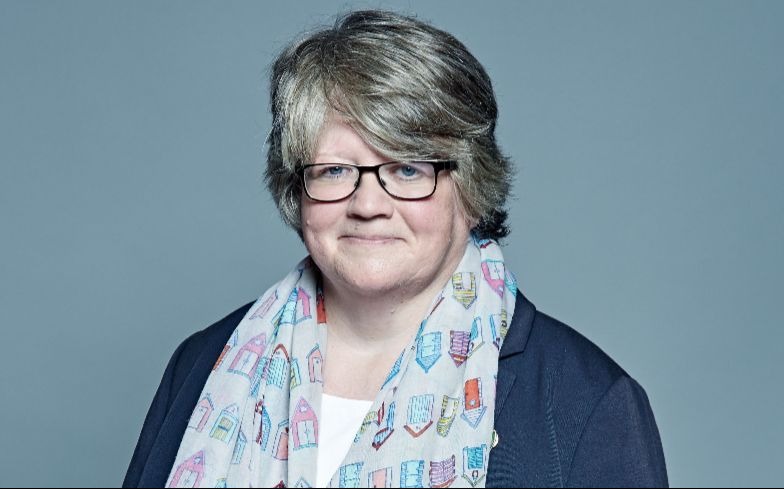
UK Parliament
Role: Health Secretary
Constituency: Suffolk Coastal
Thérèse Coffey has a consistent history of being absent or voting against LGBTQ+ issues going back almost a decade. She was one of the 136 MPs who opposed same-sex marriage being legalised in the UK. She felt so strongly about the legislation, she wrote to the House of Lords to have them block the bill. She was also against the legalisation of same-sex marriage in Northern Ireland. In 2020, she told Sky News: “I took the view at the time, and I still hold to that.”
“None of us was elected on a platform to redefine marriage. Genuine concerns about the impact on society’s understanding of marriage and the Bill’s implications for free speech and civil liberty have been swept aside,” she wrote. Like Braverman, she is also against LGBTQ+ inclusive education.
Jacob Rees-Mogg

UK Parliament
Role: Business Secretary
Constituency: North East Somerset
Jacob Rees-Mogg started out in the cabinet as Brexit Minister, and has worked his way up to becoming the latest Business Secretary. Rees-Mogg has stated his devout-Catholic faith is the reason why he’s voted against marriage equality. Last year he praised SNP politician Joanna Cherry after she gave a speech arguing to debate the “ideology that any man can self-identify as a woman”. Cherry was sacked for her behaviour, to which Rees-Mogg stated she was “one of the most intelligent and careful scrutinisers of government”.
He added: “Free speech is fundamental, and it is disgraceful that [Cherry] received threats for her views and for her removal from office, to the extent that the police had to be involved. Every member of this house should feel safe in whatever they say, as long as it is within the law and it is not effectively threatening violence.”
Kit Malthouse
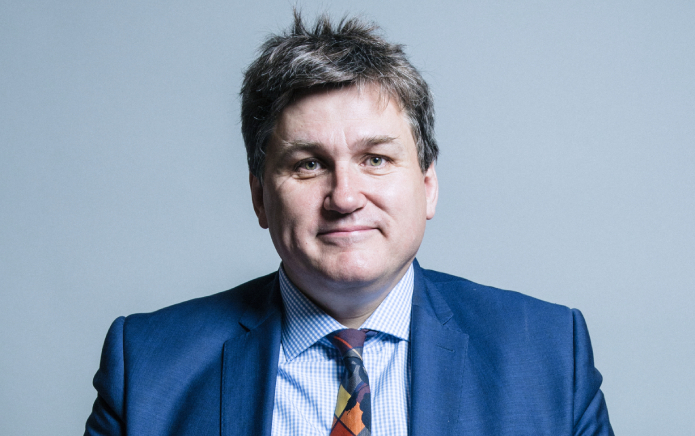
UK Parliament
Role: Education Secretary
Constituency: North West Hampshire
Kit Malthouse is the fifth education secretary in the space of 12 months. His predecessors have had varied views on LGBTQ+ rights, from implementing inclusive sex and relationships education, to also cutting LGBTQ+ bullying projects. The North West Hampshire MP was elected in 2015, the year after same-sex marriage in the UK was legalised. In 2019, he tweeted that if he was an MP at the time, he would have voted in favour of legalising. He then voted to legalise same-sex marriage in Northern Ireland. Like many other MPs in the new cabinet, Malthouse has not spoken much publicly about supporting LGBTQ+ rights.
Ranil Jayawardena

UK Parliament
Role: Environment Secretary
Constituency: North East Hampshire
As Environment Secretary, Jayawardena won’t have any policies on LGBTQ rights, and this may be a good thing given that he doesn’t seem to have backed LGBTQ rights. He voted against same-sex marriage, abortion and civil partnership legalisation in Northern Ireland. He was also one of 21 MPs who voted against more inclusive sex education laws, which would ensure all secondary school students would receive an LGBTQ+ inclusive education.
Following his vote against the proposal, Jayawardena stated: “While I did not vote in favour of the regulations, this was not because I had concerns about the principle of providing relationships and sex education to children, or whatever might or might not be taught. In fact, I voted with the government in support of the Children and Social Work Act 2017, which was the law that required RSE to be taught at primary and secondary schools.”
“Quite simply, I opposed the regulations out of concern for the extent to which they remove the right of parents to choose their children’s education, as the final decision on whether a child can be removed from sex education will now rest with headteachers rather than parents. While I may not always agree with the reasons why a parent may decide to withdraw their child from sex education, overturning them seriously undermines the role and authority of parents and constitutes a fundamental shift in the relationship between the state and the family,” he concluded.
Simon Clarke
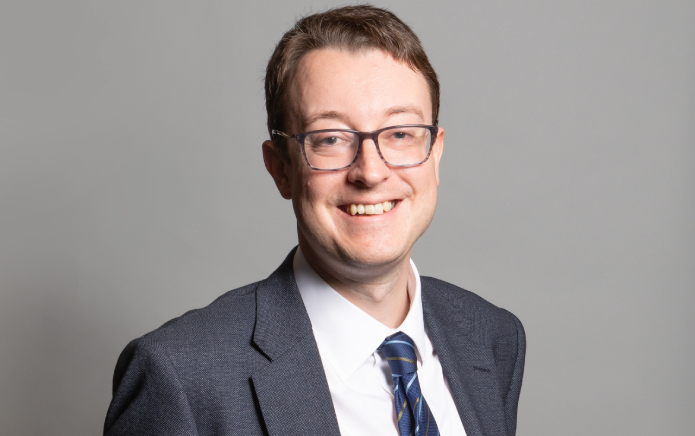
UK Parliament
Role: Housing Secretary
Constituency: Middlesbrough South and East Cleveland
With figures showing how 24% of homeless people are LGBTQ, the new Housing Secretary will have to address this issue. However, due to Jenrick’s relative newness to politics, only have been elected in 2014, he doesn’t have much of a record to look at. In a tweet, Clarke stated he does support same-sex marriage. He wrote: “I support gay marriage and a woman’s right to choose. However, it is not for English MPs to impose issues of conscience on the people of Northern Ireland.” Clarke has not commented further on the matters since.
The new Housing Secretary will need to address issues of LGBTQ+ homelessness. Clarke has voted against legalising same-sex marriages, civil partnerships and abortions throughout his career.
Anne-Marie Trevelyan
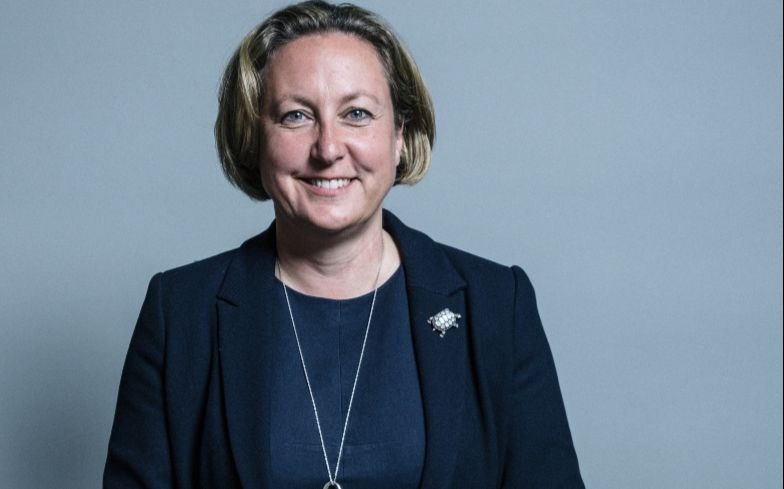
UK Parliament
Role: Transport Secretary
Constituency: Berwick-upon-Tweed
Like Clarke, Anne-Marie Trevelyan won’t have to deal with LGBTQ+ policy directly. In her former role as International Trade Secretary, she was in charge of who gets foreign aid, and will have powers to restrict aid to countries with anti-LGBTQ policies. Apart from abstaining on the vote to extend same-sex marriage to Northern Ireland, she has been mostly quiet on LGBTQ+ issues. However, in March this year, she stated the Tories were “very proud” of Bridgend MP Jamie Wallis coming out as trans. After Boris Johnson made an insensitive joke following Wallis’s coming out, Trevelyan defended the former Prime Minister, and said he had a “very, very warm and affectionate personality”.
Chris Heaton-Harris
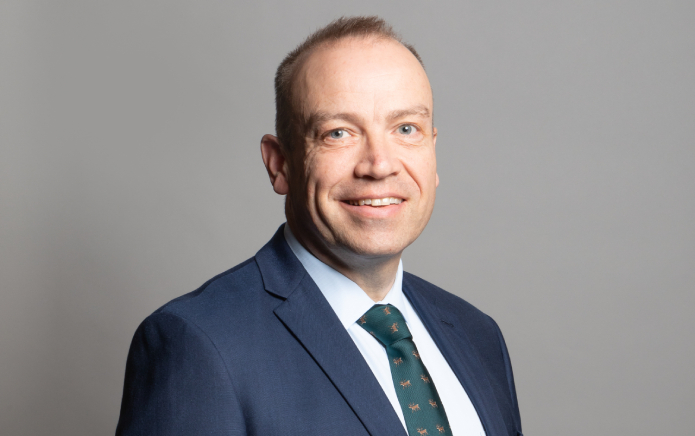
UK Parliament
Role: Northern Ireland Secretary
Constituency: Daventry
Heaton-Harris’s voting record is consistently in favour of LGBTQ+ people. Throughout his career he has votes for same-sex marriage in Britain and Northern Ireland. His voting record showed he has only missed one vote on the subject. The MP has not released any public statements in support of the queer community. As Northern Ireland Secretary, it is likely Heaton-Harris will contineu to oversee the landmark changes the country has made towards being more inclusive of LGBTQ+ identities.
Alister Jack
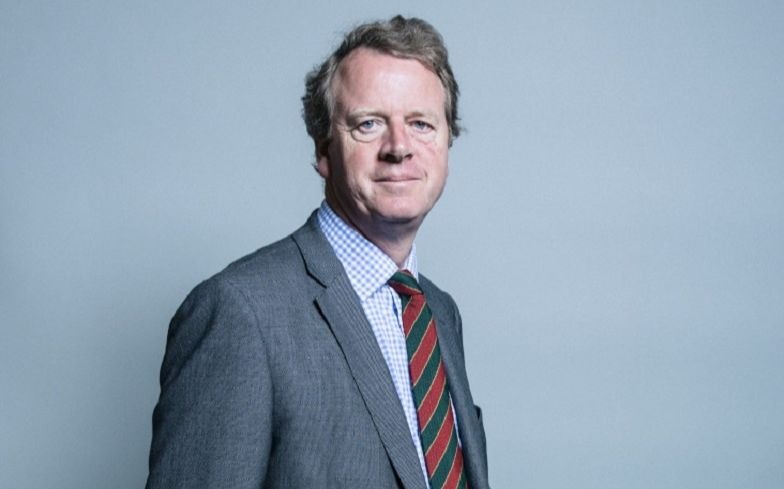
UK Parliament
Role: Scotland Secretary
Constituency: Dumfries and Galloway
LGBTQ+ rights are devolved to Scotland, meaning that the country is able to address issues independently. Therefore, Alister Jack won’t have any say in the policy that Scotland chooses to implement. Jack has never voted on equal rights for queer people or same-sex marriage legalisation. He abstained from voting on both matters.
Robert Buckland
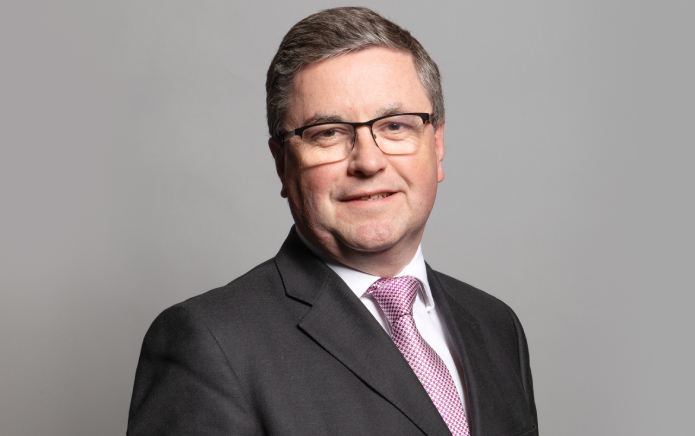
UK Parliament
Role: Wales Secretary
Constituency: South Swindon
Like Scotland, LGBTQ matters are devolved to the Welsh administrations, meaning Buckland won’t have any influence on any LGBTQ+ legislation in Wales. Buckland has a history for repeatedly voting against equal marriage in England and Wales. In the past he’s stated that “marriage is between a man and a woman,” as well as abstaining from voting to pass same-sex marriage in Northern Ireland. Buckland also voted to repeal the Human Rights Act (1998) in 2016.
In response to the legalisation of same-sex marriage in the UK, Buckland said: “I’m disappointed that the bill passed, but I have to accept that a majority voted for the bill and I’m a democrat like anybody else.”
“I think now it’s important that if this legislation is to be passed, that it’s as workable as possible and it’s a job I think of all Parliamentarians to make sure this is the case.”
“So although the vote was a fully clear and decisive majority, I do think there are detailed issues that need to be addressed by the Government about the effect of this legislation upon churches and other denominations, and also the effect upon civil partnerships and civil marriage.”
Lord True
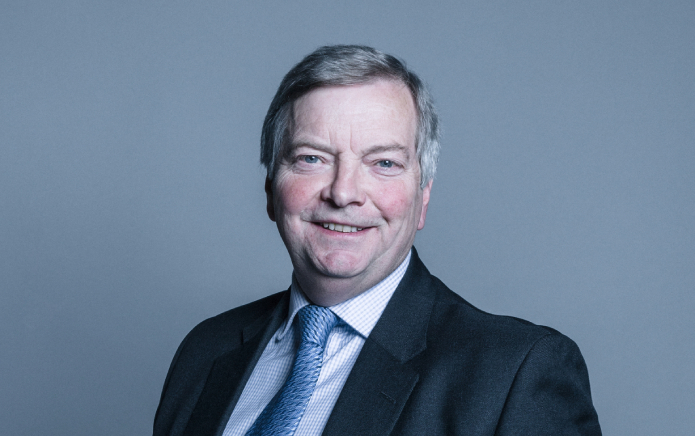
UK Parliament
Role: Leader of the House of Lords
Constituency: N/A, but has life peerage
The Leader of the Lords doesn’t have much of a say on LGBTQ+ rights, especially as he was appointed to the Lords after the same-sex marriage vote.
Michelle Donelan
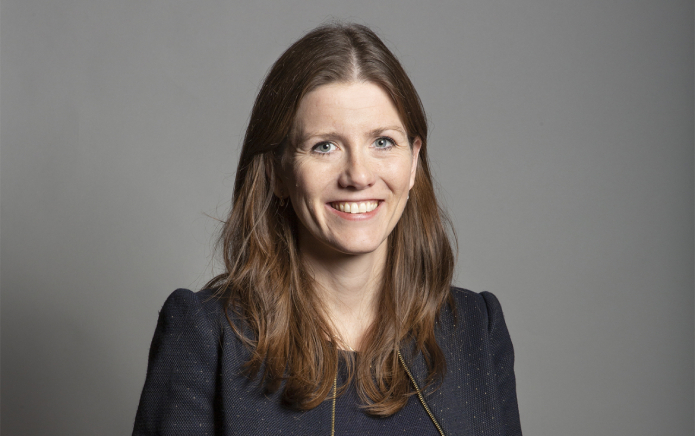
UK Parliament
Role: Culture Secretary
Constituency: Chippenham
The new Culture Secretary takes over from rigidly conservative Nadine Dorries. Donelan’s stance on LGBTQ+ issues is important, as she will have to deal with pressing matters such as trans inclusion in sport. This was something Dorries was eager to put a stop to during her stint in the role. Donelan has always voted against same-sex marriage across the UK and Northern Ireland. She is an advocate for free speech. She used her time as higher and further education minister to push her Freedom of Speech Bill, which activists felt could give homophobes a platform within universities.
Penny Mordaunt
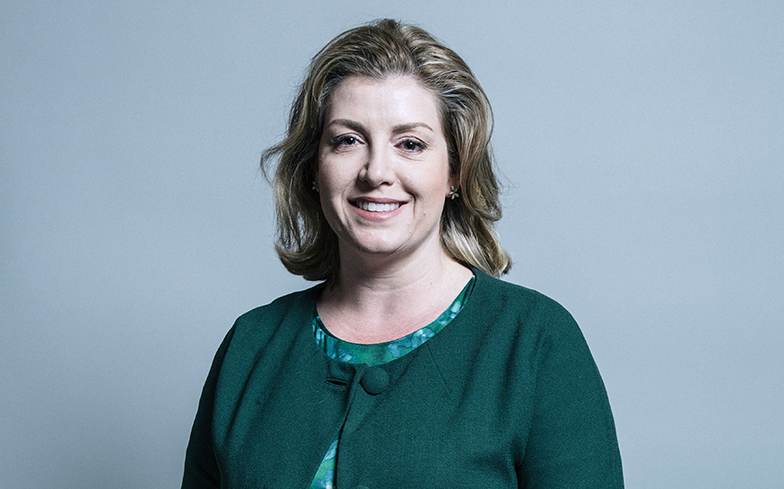
UK Parliament
Role: Leader of the House of Commons and lord president of the council
Constituency: Portsmouth North
After a failed leadership campaign, Penny Mordaunt still managed to secure herself a seat in Liz Truss’ cabinet. She is now the leader of the House of Commons, and is responsible for organising government affairs and providing time for non-government business to be brought forward. Mordaunt has always voted for LGBTQ+ rights throughout her career. In 2019, whilst she was still Equalities Minister, Mordaunt called out the lack of action towards queer rights, and stated: “‘For some LGBT people, it can still take immense courage just to be themselves. While many battles have been won, complacency is not an option.’”
Chloe Smith
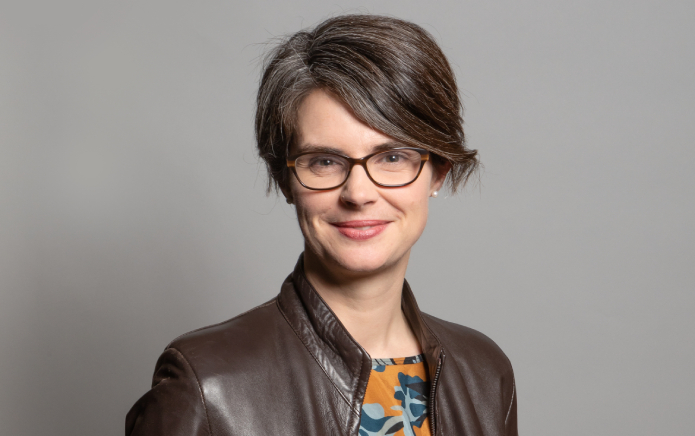
Role: Secretary for Work and Pensions
Constituency: Norwich North
Smith’s support of LGBTQ+ people and causes goes back over a decade. She attended Norwich Pride since 2011, and showed her support on televised panels such as Question Time. Despite being absent for more recent votes, Smith has otherwise voted for the legalisation of same-sex marriages. On her website, she calls herself a “proud ally” who was in support of government’s LGBT Action Plan in 2018.
Jake Berry
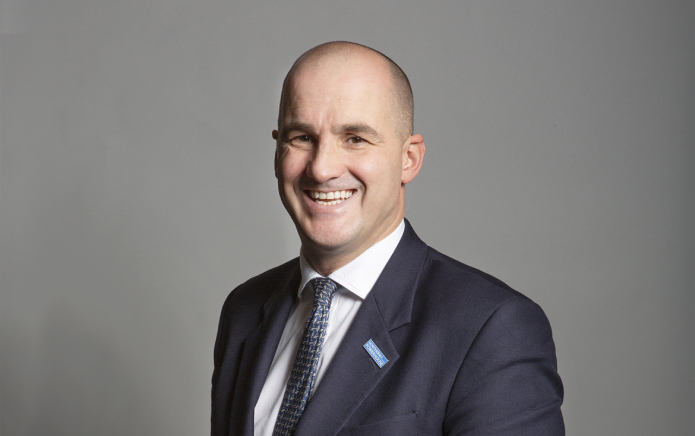
UK Parliament
Role: Minister without Portfolio
Constituency: Rossendale and Darwen
Jake Berry’s new role is to contribute to government policy and decision making. Berry has abstained from all major votes regarding LGBTQ+ social issues since 2013. He has not openly mentioned the queer community, though it was reported he planned to vote against the legalisation of same-sex marriages in 2013.
Alok Sharma

UK Parliament
Role: COP26 President
Constituency: Reading West
Alok Sharma’s voting history and appearances at Reading Pride would suggest that he’s is aware and supportive of LGBTQ+ issues. Whilst part of Boris Johnson’s cabinet, Sharma voted yes to equal marriage for all, but has mostly been absent when subsequent voting has taken place. He has not been outspoken in advocating for queer rights, and his role as COP26 president means he won’t be directly impacting legislation that impacts LGBTQ+ people in the UK.
Kemi Badenoch

Role: Secretary of State for International Trade
Constituency: Saffron Walden
Kemi Badenoch was another MP knocked out of the leadership race in its earlier stages. Liz Truss confirmed in August that the MP for Saffron Walden would have a top job in her cabinet.
Badenoch has never voted on same-sex marriage as she was absent for both votes in 2019. However, she attended talks with anti-trans group Alliance, and was said to be a vital component in setting up talks between government officials and the group. She has also shown her support for anti-trans professor Kathleen Stock. Badnoch positioned herself as “anti-woke” throughout her campaign, and received endorsement from right wing groups such as Britain First.
The post What has Liz Truss’ new cabinet said about LGBTQ+ rights? appeared first on GAY TIMES.
Go to Source
Author: Kira Richards
